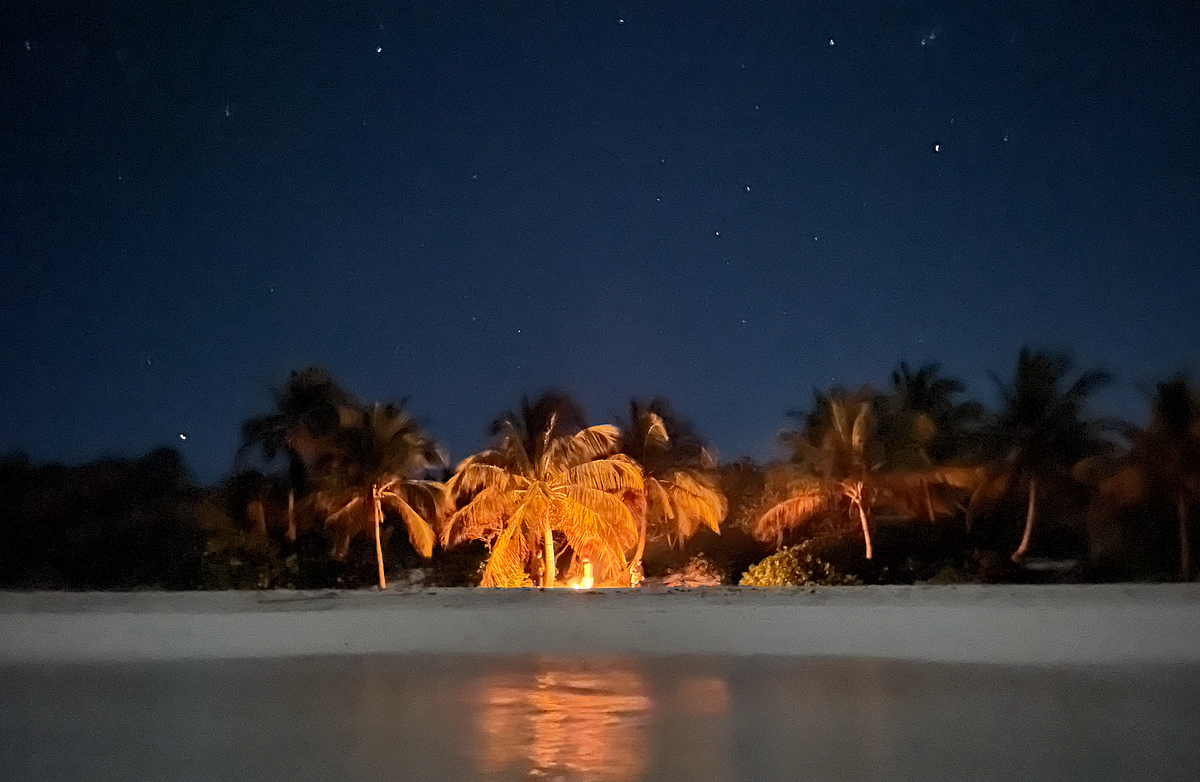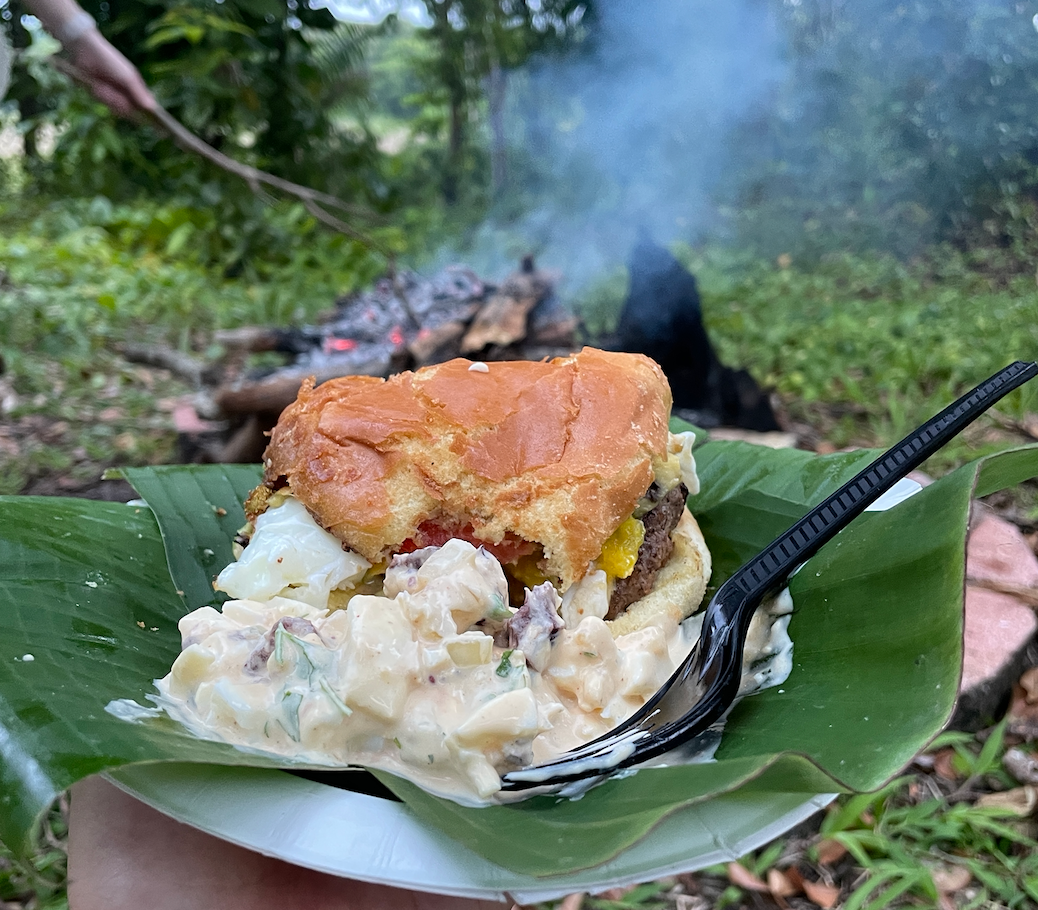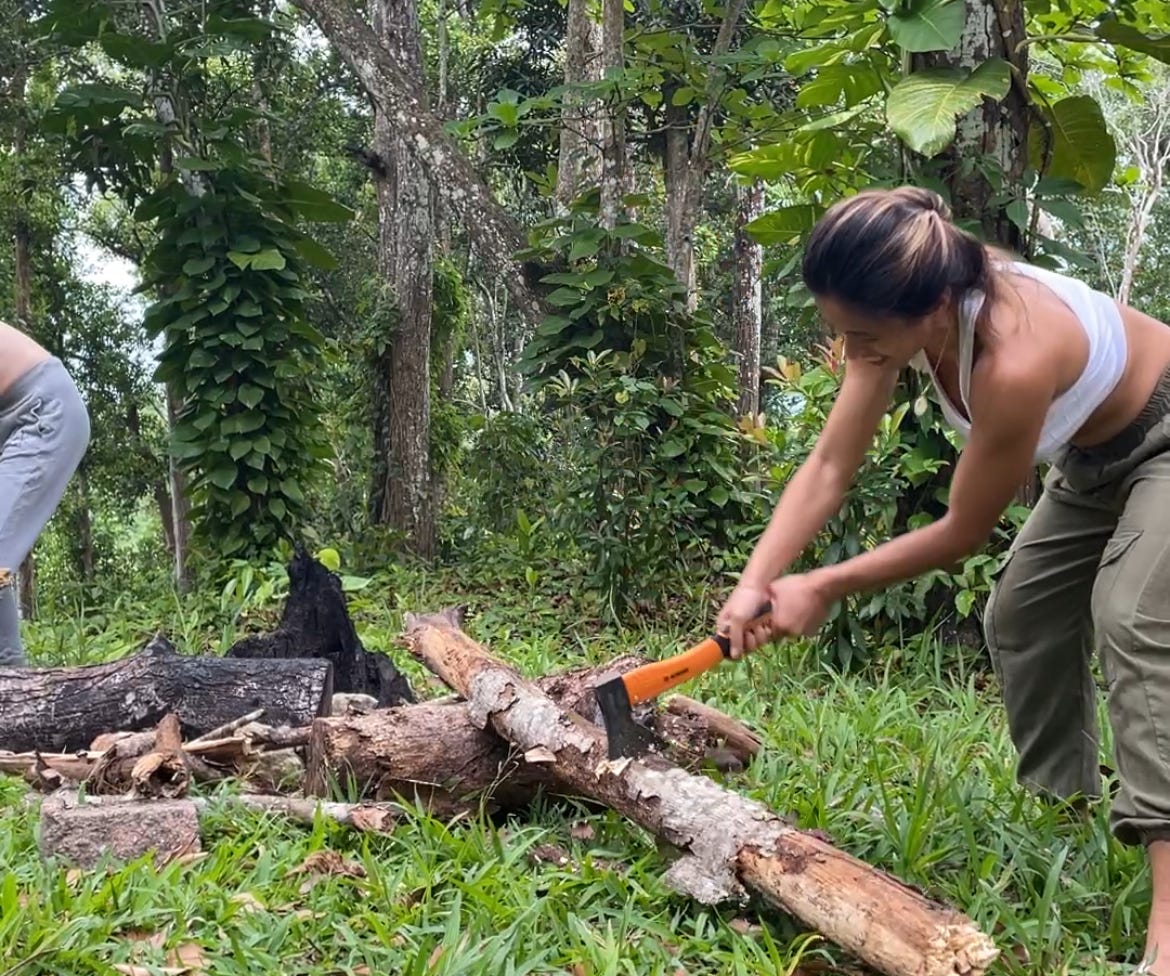- Ava's Pages
- Posts
- How Civilization Is Suffocating You
How Civilization Is Suffocating You

I wish you could see all the stars I saw
I found myself confronted by Darwin’s survival of the fittest at every turn on my last camping trip.
birds plucking small fish from the lake
termites devouring wood from the trees
a mystery creature eating my loaf of bread.
It’s easy to forget how far we’ve come.
We’ve built a society full of comfort and nourishments.
A society so advanced death is no longer lurking right around the corner.
And there is a price to pay for that.
Comfort, like everything else, has a diminishing return.
Too much comfort turns to discomfort — anxiety, doubts, loneliness, which is hard to see while you’re living in it (like living with someone every day and failing to notice their gradual changes).
When I go camping to take a break from modern living, I am always amazed at how much we have changed in the last century.
It gave me a chance to observe the 5 major causes of unhappiness in modern society:
1. The Indoor Trap
Too much comfort in our homes makes being outdoor foreign and unbearable.
It’s too hot, it’s too cold, there are too many bugs, it’s too wet, it’s too dirty.
When you make your home too comfortable, everywhere else becomes uncomfortable. Soon, the only thing you look forward to every day is being in the comfort of your own home.
You become trapped inside your house and your mental health begins to spiral.
2. The Cleanliness Obsession

grass-fed burger and egg salad
Cooking and eating in the dirt reminds me that not every surface needs to be sprayed with Lysol.
This excessive cleanliness not only weakens our immune system, it disrupts the balance of our microbiome and kills many friendly bacteria.
Your microbiome affects your immune function, sensory nerves, stress response, and behaviors to name a few (Mayer, Tillisch, & Gupta, 2015)
To have a happy brain, you need a diverse and healthy microbiome.
3. Body Movement
When you’re indoor all the time, moving your body physically becomes an extracurricular activity to attain a certain look.
You can’t stick to going to the gym because it’s unnatural, superficial and it’s an additional errand you don’t have time for.
But when you’re out in nature, exploring, chopping wood or digging dirt is not only natural but it is fun.
Moving your body this way is purposeful and easy.

4. Impermanence
When you’re indoor all the time, you forget about the nature of life and death that is happening all around you.
When I was camping, I watched lizards hopping around hunting bugs and getting hunted by snakes.
I watched fish swimming in water, eating algae and getting hunted by birds.
One moment they’re triumphant, the next they’re someone else’s meal.
It brings right away the insight that everything is impermanent. Nothing lasts forever.
Not money or success
Not your problems
Not you.
It’s silly to fight with your loved ones, to hurt another person when you feel hurt, or to get trapped in your suffering when you realize how fleeting life truly is.
5. Singular Capability
Most of the diseases in modern society comes from the root problem that money can buy anything.
Pay someone to fix your car
Pay someone to clean your house
Pay someone to make your dinner
Suddenly, you can survive with ONE singular skill: making money.
This is a dangerous way to live.
Soon enough, your self-worth only has one place to attach itself to — how much money you make.
And you get trapped on the never-ending wheel of chasing money, where money dictates every decision you make.
Take away
The more time you spend indoor, the harder it is for you to take risks or try something new. Your environment is too comfortable it disconnects you from the very nature of life:
taking calculated risks and growing stronger with each one.
This is a symptom of civilization, not who you are. By being aware of it, rather than blaming yourself and life-situations, you can take constructive steps to overcome them.
Civilization is good.
It’s the bridge between creativity and innovation. It makes survival easy which allows us to evolve beyond physical needs.
But even good things have diminishing return. It’s important to recognize the good as well as the bad, so that we can take the best of every resource and build a better path forward.
Now I’m not saying you must drop everything to go camping. It took me 2 years of hiking and spending more time in nature to really enjoy it. And at the start, it was enjoyable but so uncomfortable that each hiatus between trips was anywhere from 6 months to a year.
A good place to start is simply to spend more time outside — have a picnic, take a nap in your backyard, climb a tree and get bit by ants.
Watch how nature interacts with itself in every moment. It’s where you and I came from.
It has a lot to teach us.